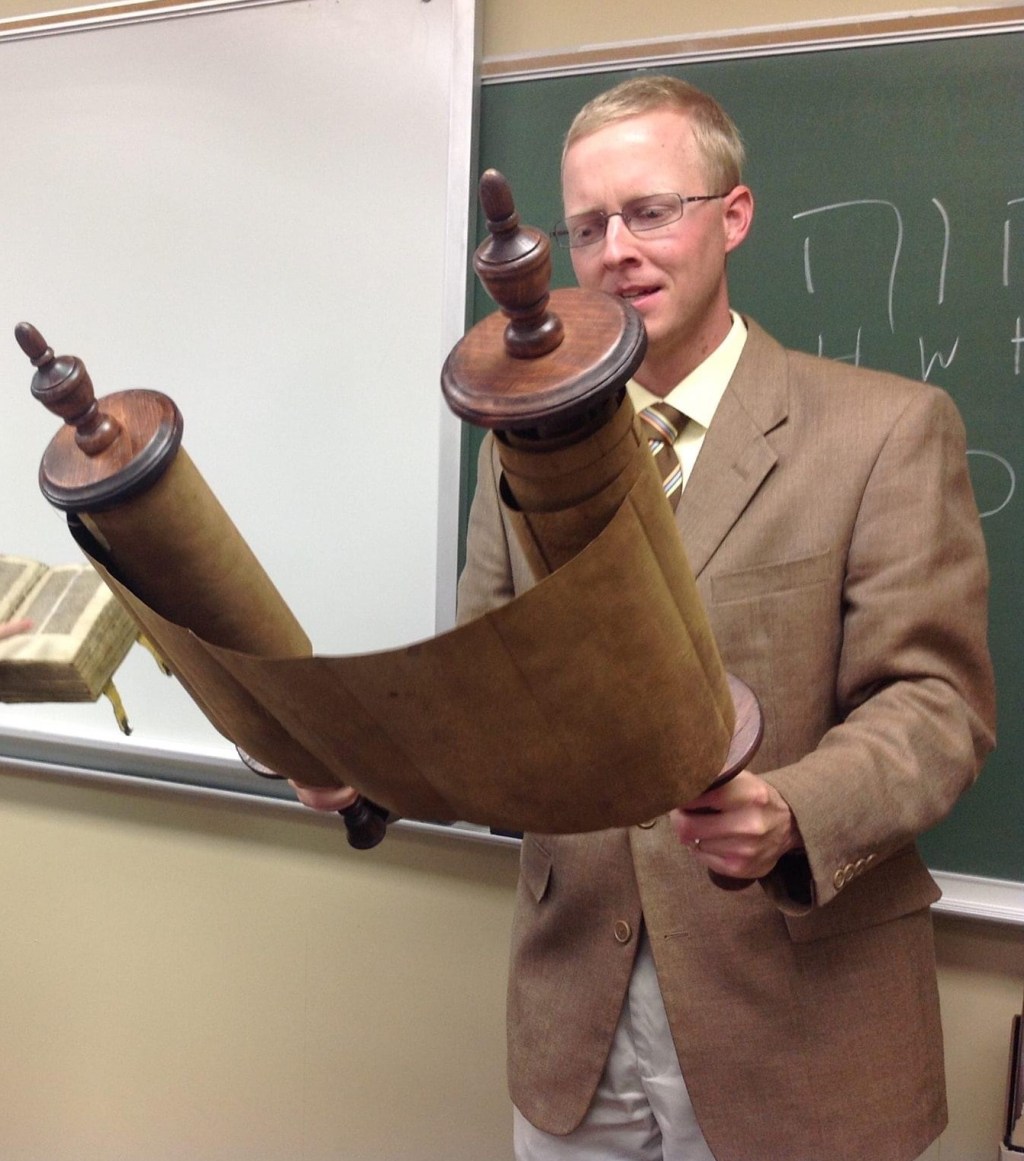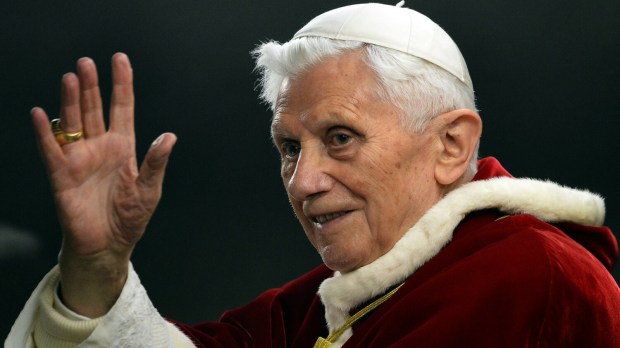Matthew Ramage is a theologian at Benedictine College in Atchison, Kansas, whose books and talks have been featured by the Thomistic Institute and elsewhere. But his four significant books about hot-button issues of our day all bear subheads that begin with the same three words: “Benedict XVI on …”
Aleteia interviewed him about the significance of Benedict the theologian on the Church in the 21st century.
Why all the books about Benedict? Do you see mediating Benedict as your personal theological project?
Ramage: I think about Benedict in much the same way I think about Thomas Aquinas. When I write or teach on Aquinas, it’s not really so much about the man and his particular conclusions as it is about the tradition that he has synthesized in an incomparable way.
I can say of both Aquinas and Benedict that, when I have a challenging question where I’m seeking clarity, I can always dig into their writings and find something that will help. He may not have fully explained it, but it will at least point me in the right direction. An interesting thing about Benedict that again mirrors Aquinas is that he was always on the lookout to wed the ancient and the modern, enriching the ancient tradition by new discoveries while at the same time illuminating these same discoveries in the light of faith.

What one great idea did Benedict give to theology?
One of the most remarkable things about Benedict is that there is no single great idea that we can identify as his, because he was above all a man of the Church and not so much concerned with his pet ideas as with being present to address whatever was necessary in the life of the Church at any given moment in time.
He is arguably the most important theological figure of the past century, and many think that one day he could be a Doctor of the Church, bringing a much-needed voice of clarity and insight to topics ranging from biblical interpretation to liturgy to moral theology to the unity of faith and reason, and pretty much any other area of theology you can think of.
What is the biggest impact Benedict made on you personally?
I don’t know that I can say that I’m Catholic because of Benedict, but I can say that the fact that I am so confident in our faith has much to do with the example of this humble servant of God and incomparable lover of the truth who has shown us how to live a vibrant Catholic faith in the difficult times that we live in.
I came to theology in the first place because I was interested in the biggest questions, and here was a figure to face them head on without downplaying their importance yet with the unflappable confidence that the tradition was equal to the challenge.
Time and time again, whenever I’ve faced a challenge in my faith, it has been astounding how Benedict always had addressed it before I did and had a moving and compelling response: for example, how to deal with challenging Old Testament texts that seem to make God evil (which I addressed in my Dark Passages of the Bible book), the apparent contradictions in the Gospels and incompatibility of the faith with modern Biblical scholarship (which I addressed in my Jesus, Interpretedbook), the apparent incompatibility of faith and science (which I recently addressed in my from theDust of the Earth book), or what to do when the faith appears uncertain and everything speaks against it (which I addressed in my Experiment of Faith book). That is the one for me that is the most personal and that tries to get to the heart of Benedict’s spirituality.
How do you hope the Church will be shaped by the Benedict XVI in the future?
I’m convinced that Benedict remains the premier model to look to for guidance in navigating controversies in the Church and world today. As his last spiritual testament mentions on the subject of the dialogue between faith and science, the constant search for the truth wherever it may be found can help us to better ascertain the scope of theology and the limits of science and thereby enable a mutual enrichment of both.
And the great thing is these principles apply to more than just whatever specific topic Benedict happened to be discussing at the time. Benedict modeled a principle we must take to heart anew today: In the household of the faith we must have unity in essentials, liberty in non-essentials, and in all things charity.

